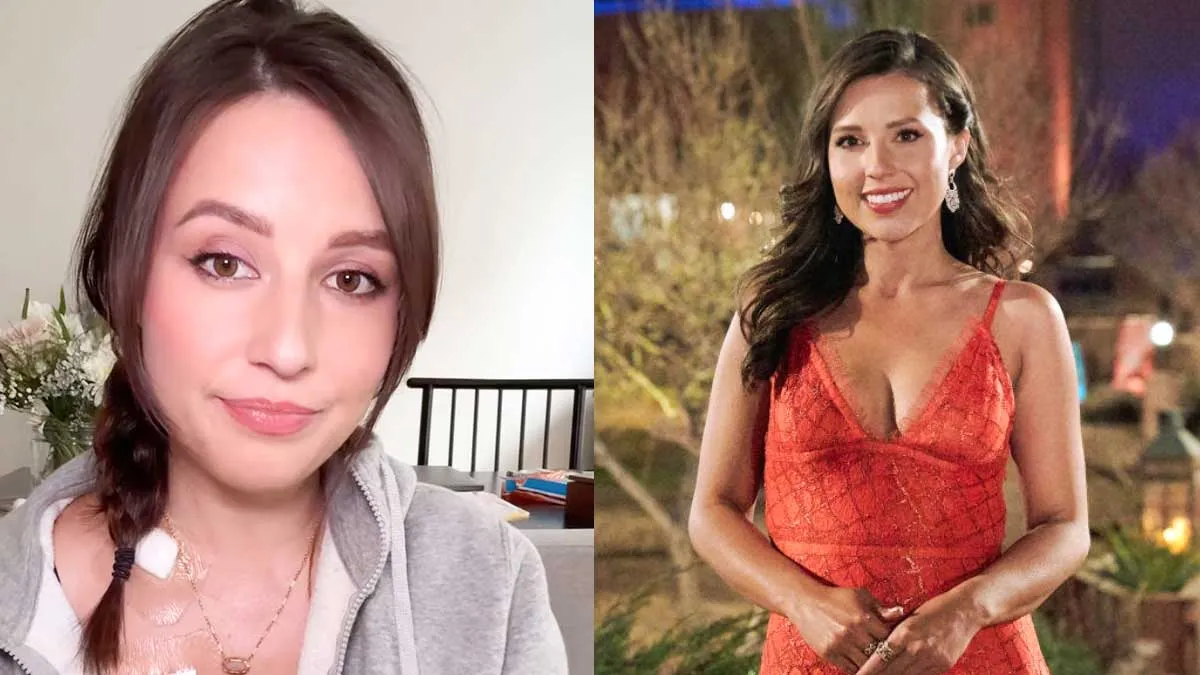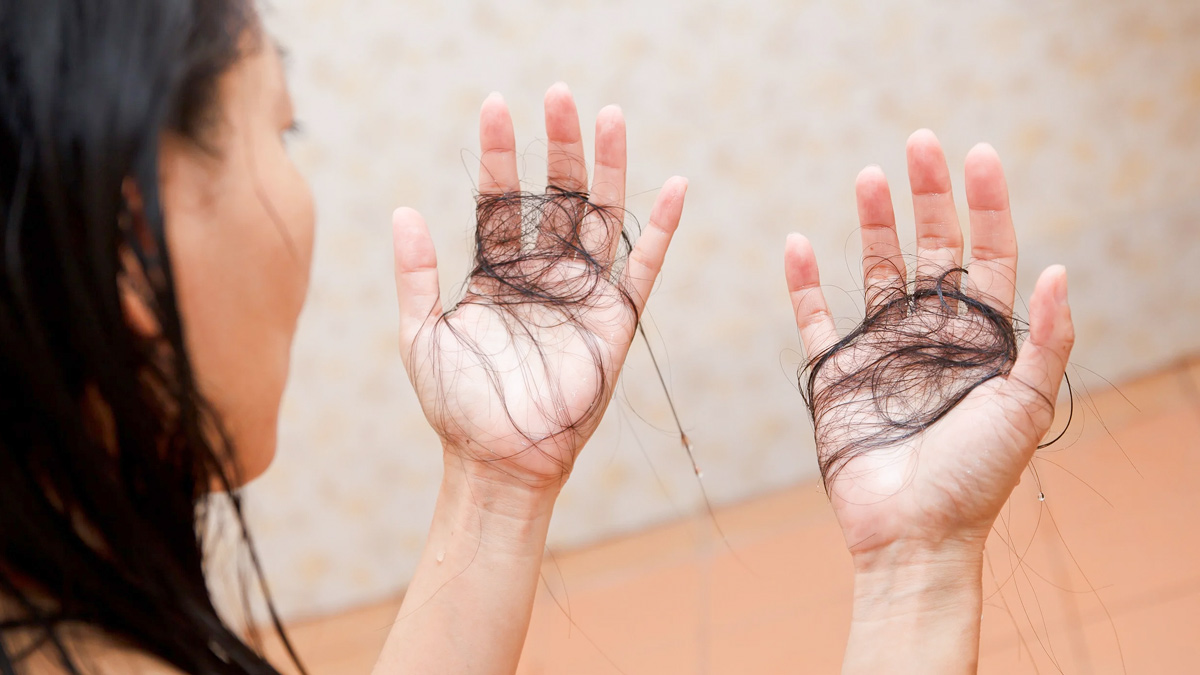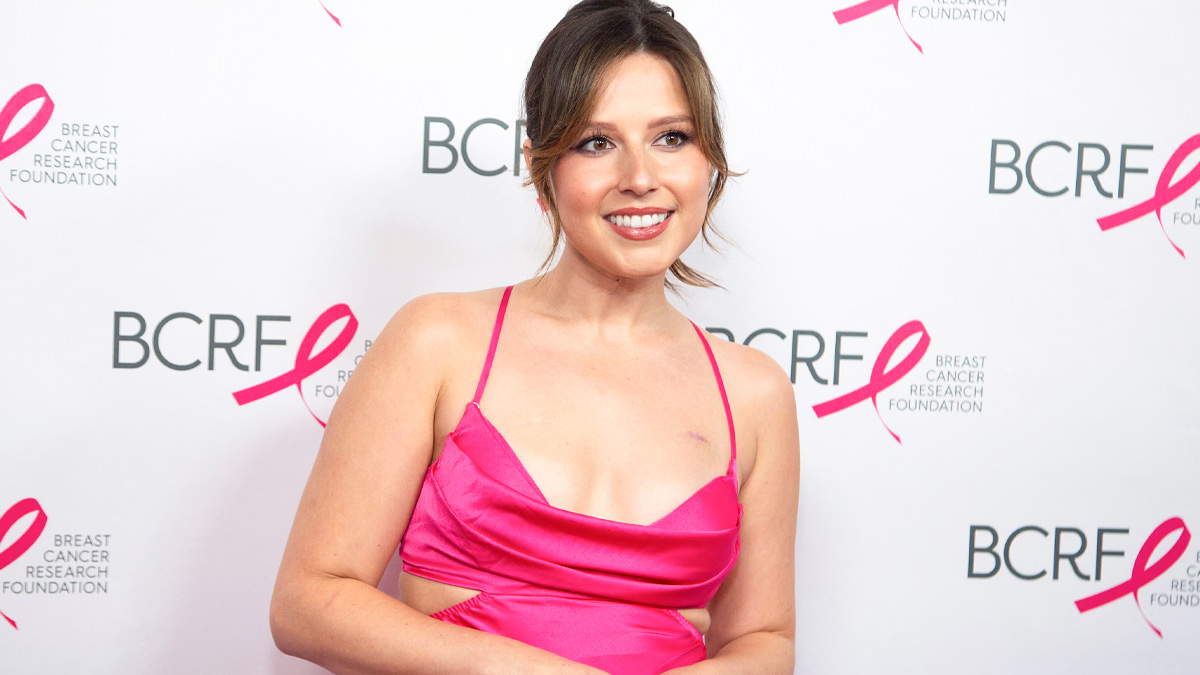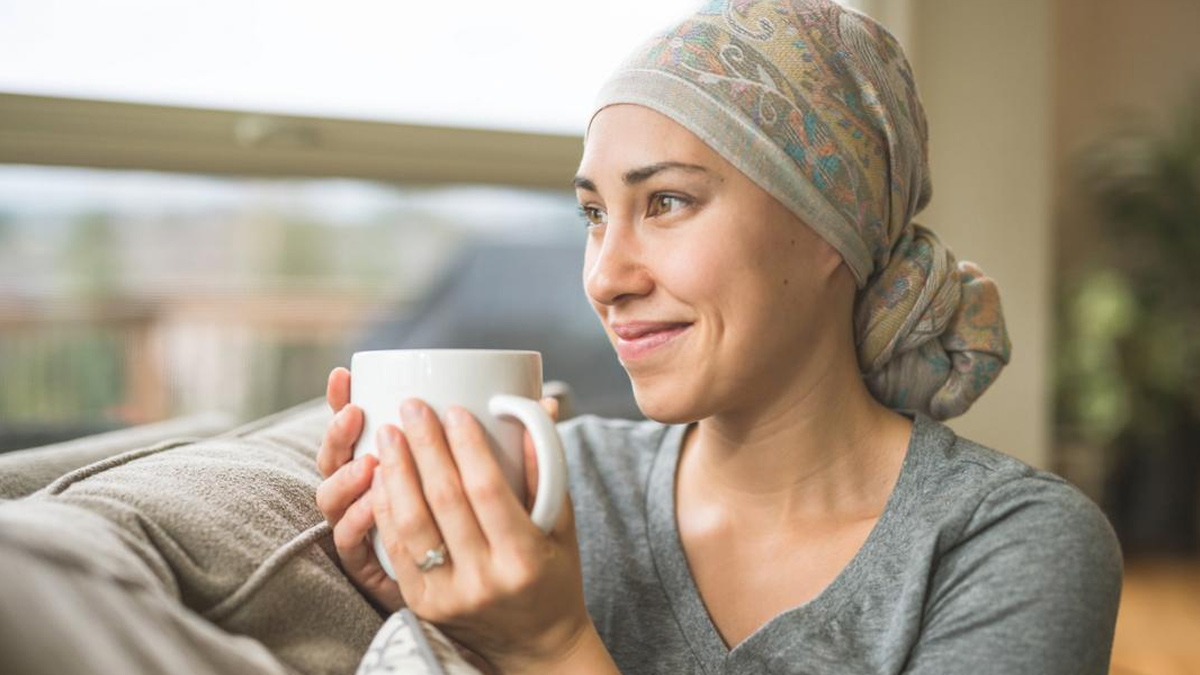
Losing hair is one of the most visible and emotional side effects of cancer treatment. For many women, hair loss can be almost as tough as the cancer diagnosis itself. Chemotherapy, a common treatment for breast cancer, often causes hair to fall out in large amounts. This can affect a person’s self-esteem and sense of identity. Recently, former “Bachelorette” star Katie Thurston shared her own struggles with hair loss and memory problems as she battles stage 4 breast cancer. Her honesty is helping others understand what it’s really like to go through cancer treatment.
Table of Content:-
Katie Thurston On Her Memory and Hair Loss During Stage 4 Cancer Battle
View this post on Instagram
Katie Thurston recently opened up about her ongoing battle with stage 4 breast cancer, sharing that she had just finished her second month of treatment. She explained, “If you're asking how long treatment is, technically forever. I am optimistic about medical advancements in the future. Fingers crossed as a stage 4 girly.”
The actress also spoke honestly about the difficult side effects she’s experiencing, saying, “My hair is coming out in an unnatural amount of clumps. Working on that.” She added that treatment is affecting her memory as well, sharing, “I'm losing my memory,” and described struggling with her memory while going through customs after a vacation with her husband, comedian Jeff Arcuri.
Why Does Cancer Treatment Cause Hair Loss?![Breast Cancer Cause Hair Loss 2 - 2025-06-03T171952.906]()
Dr Rinky Kapoor, Consultant Dermatologist, Cosmetic Dermatologist & Dermato-Surgeon, The Esthetic Clinics, Mumbai, explains that hair loss is a common side effect of chemotherapy, which is often used to treat breast cancer. She says, “Hair loss usually begins within two to four weeks after starting chemotherapy. This loss can happen suddenly, with clumps of hair falling out, or it can be more gradual.”
Chemotherapy drugs target rapidly dividing cells in the body. While this helps kill cancer cells, it also affects other fast-growing cells, like those in hair roots. This is why people often lose hair not just on their head, but also on their eyebrows, eyelashes, and other parts of the body.
How Common Is Hair Loss During Breast Cancer Treatment?![Katie Thurston breast cancer 1 - 2025-06-03T171951.402]()
Hair loss during cancer treatment is very common. According to a study published in the journal Breast Cancer Research and Treatment, about 65% of women treated with chemotherapy for breast cancer experience significant hair loss. The amount and pattern of hair loss can vary depending on the type of drugs used and the person’s response. For many women, hair starts to grow back a few weeks after treatment ends. However, the new hair may be a different colour or texture at first.
Coping with Hair Loss and Memory Problems![cancer causes memory loss 3 - 2025-06-03T171945.732]()
Losing hair and experiencing memory issues can be distressing. Experts recommend using gentle hair care products, wearing soft hats or scarves, and considering wigs if it helps with confidence. For memory problems, keeping notes, setting reminders, and asking for support from family and friends can make a big difference. Katie Thurston’s story is a reminder that cancer treatment affects more than just the body as it impacts every part of a person’s life. Her courage in sharing her journey helps others feel seen and supported.
Conclusion
Hair loss and memory problems are common side effects of breast cancer treatment, especially with chemotherapy. Katie Thurston’s honest updates shed light on these challenges and remind us that cancer is more than just a physical battle. With the support of loved ones, medical experts, and the wider community, patients can find strength and hope even in the toughest times.
Also watch this video
How we keep this article up to date:
We work with experts and keep a close eye on the latest in health and wellness. Whenever there is a new research or helpful information, we update our articles with accurate and useful advice.
Current Version


